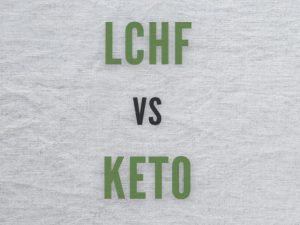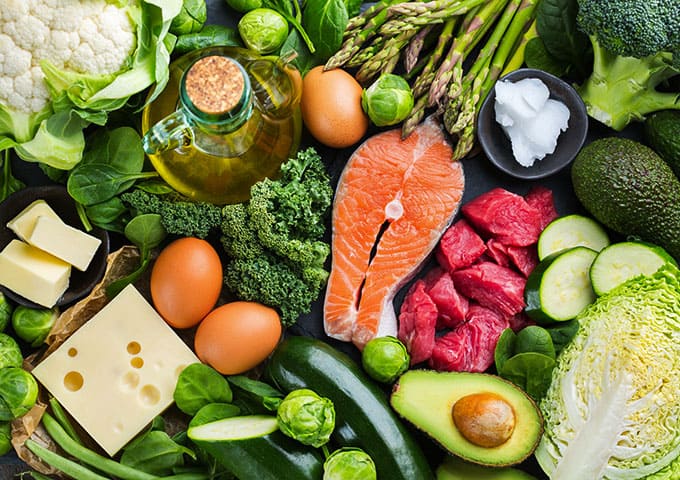

Vitamin B12, also known as cobalamin, is a crucial nutrient that plays a vital role in maintaining overall health and well-being. Although often overlooked compared to other vitamins, its importance cannot be overstated. From supporting the nervous system to assisting in the production of red blood cells, vitamin B12 is essential for numerous physiological processes in the body.
One of the primary roles of vitamin B12 is supporting the health of the nervous system. It helps in the production of myelin, a protective sheath that covers nerve fibers and allows for efficient nerve signaling. In addition, vitamin B12 participates in DNA synthesis, which is critical for cell division and the formation of new cells. It also plays an important role in the metabolism of fatty acids and amino acids, contributing to energy production and overall metabolic health.
Vitamin B12 is predominantly found in animal-based products, including meat, fish, eggs, and dairy products. Some of the best sources of vitamin B12 include liver, shellfish (such as mussels and clams), salmon, tuna, eggs, and fortified foods like breakfast cereals and dairy alternatives. For vegetarians and vegans who avoid animal products, fortified foods and supplements are important sources of vitamin B12 to ensure adequate intake.
While essential, vitamin B12 deficiency is not uncommon, particularly among certain groups of people. Individuals at higher risk of deficiency include older adults, vegetarians, vegans, and those with gastrointestinal disorders that affect nutrient absorption. Pernicious anemia, a condition characterized by an inability to absorb vitamin B12 due to a lack of intrinsic factor, is also a risk factor for deficiency.
Symptoms of vitamin B12 deficiency can vary but may include fatigue, weakness, neurological issues such as tingling or numbness in the hands and feet, difficulty walking, memory problems, and mood changes. If left untreated, vitamin B12 deficiency can lead to more serious complications, including irreversible nerve damage and anemia.
The best way to prevent vitamin B12 deficiency is to ensure an adequate intake of B12-rich foods or take supplements if necessary. For individuals with pernicious anemia or conditions that interfere with nutrient absorption, vitamin B12 injections may be recommended to bypass the digestive system and deliver the vitamin directly into the bloodstream. Regular monitoring of vitamin B12 levels and appropriate treatment of deficiency are key to maintaining optimal health.
Conclusion
Vitamin B12 plays a crucial role in numerous physiological processes in the body, and its deficiency can have serious health consequences. By understanding the importance of vitamin B12, identifying food sources, and recognizing the risks of deficiency, individuals can take proactive steps to ensure they meet their B12 needs and maintain optimal health and well-being.

Providing comprehensive tools for maintaining a healthy lifestyle, from tracking nutritional values to analyzing your BMI and information about food additives.

In recent years, there has been a significant increase in...
Read More...
Whether you're an athlete, an active individual, or just starting...
Read More...
Healthy eating during travel is crucial for athletes who are...
Read More...
Once praised for its rapid weight loss effects, the keto...
Read More...
Discover experiences and honest feedback from people who have trusted us with their journey to a healthier diet.
I absolutely love this portal! Their nutrition advice is invaluable and combines health with practicality. I highly recommend it to all health enthusiasts!
I've tried different portals, but nothing compares to the quality and useful information offered by HealthyFoodGo. Now I always feel informed and confident in my dietary decisions.
HealthyFoodGo offers top-notch nutrition advice. Their articles are not only reliable but also very informative. I can't imagine a day without visiting their portal!